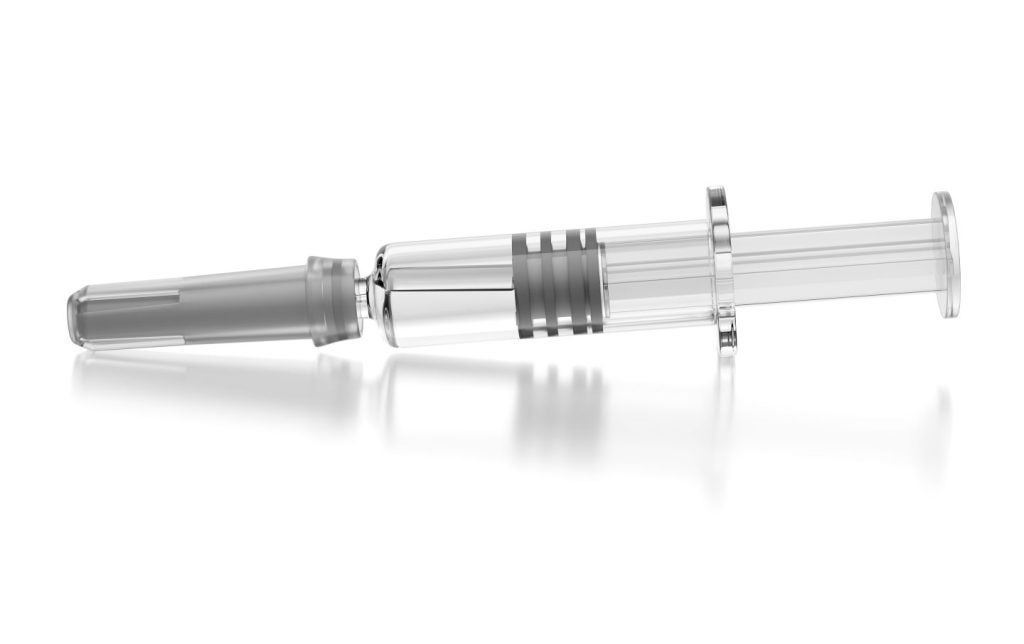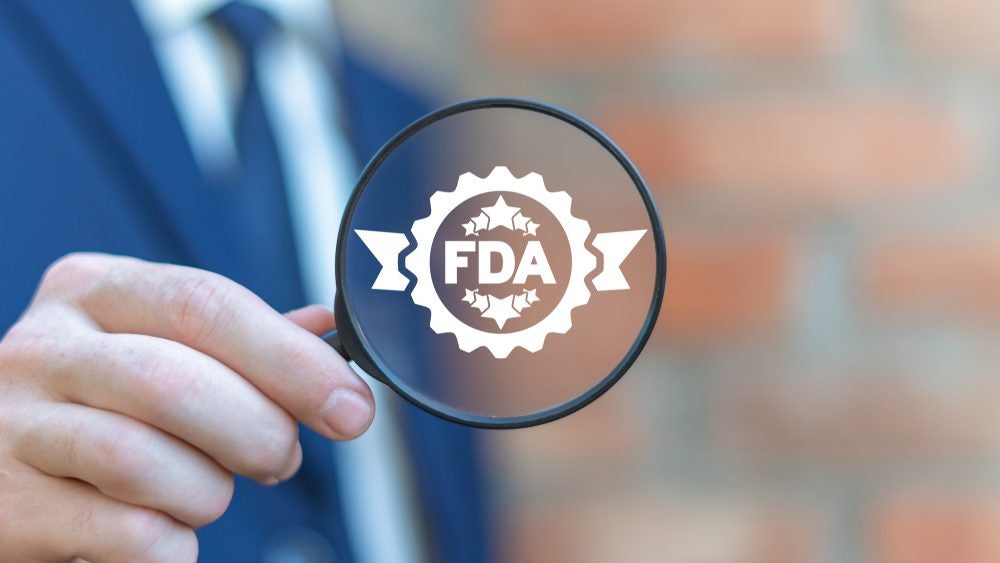A report by GlobalData quantifying the economic impact of obesity and overweight on US businesses and employees has found that employers and employees experienced a burden of $425.4bn due to obesity and overweight.
The study found that of the 158 million civilian employees working in the private and government sectors, 30% were classified as obese and 34% were overweight. The obese and overweight workers were associated with $6,472 and $1,244 in annual economic costs per worker, compared to a worker with a healthy weight.
The data from the report was presented at the Financial Times Strategies to address obesity in America's workforce conference held in New York on 28 February.
A large portion of the annual costs was from worker presenteeism ($160.3bn), where employees show up for work but perform well below their capacity for many reasons. This far exceeded the absenteeism costs of $823bn.
The GlobalData report was sponsored by Eli Lilly. GlobalData is the parent company of Pharmaceutical Technology.
Weight loss therapies like Novo Nordisk’s Wegovy (semaglutide) and Eli Lilly’s Zepbound (tirzepatide) have been increasing in popularity in recent years. The therapies have generated billions in sales, Novo Nordisk’s obesity drugs, Wegovy and Saxenda (liraglutide), generated Dkr41.6bn ($6bn) in combined global sales in 2023, as per the company’s Q4 financials.
But these drugs are expensive. Wegovy and Zepbound’s US list prices are set at $1,059.8 and $1,349, respectively. The high prices of these drugs have discouraged many US companies from paying for these drugs.
This is a significant investment for most companies, especially considering patients may require lifelong treatment. A 2022 study found that participants regained two-thirds of their prior weight a year following the withdrawal of subcutaneous semaglutide, reinforcing the belief that ongoing treatment is required to maintain improvements in weight.
However, the economic impact of obesity may cause companies to conduct better cost-benefit analyses regarding reimbursement of these therapies.
The obesity market is expected to be worth $37.1bn in 2031, as per GlobalData analysis. Multiple companies are developing obesity treatments, majority of these have a similar mechanism of action as Wegovy and Zepbound.
Novo Nordisk is also trailing an oral formulation of semaglutide. Last year, a Phase III trial with this oral form met its primary endpoint and reported 15.1% weight loss, a similar efficacy to Wegovy.
This week, Viking Therapeutics reported Phase II data for its obesity treatment VK2735. The trial participants achieved a 13.1% reduction in mean body weight from baseline at 13 weeks, compared to placebo. Additionally, up to 88% of patients in the treatment group achieved 10% or more weight loss, compared to 4% of the population achieving the same result in the placebo group.















